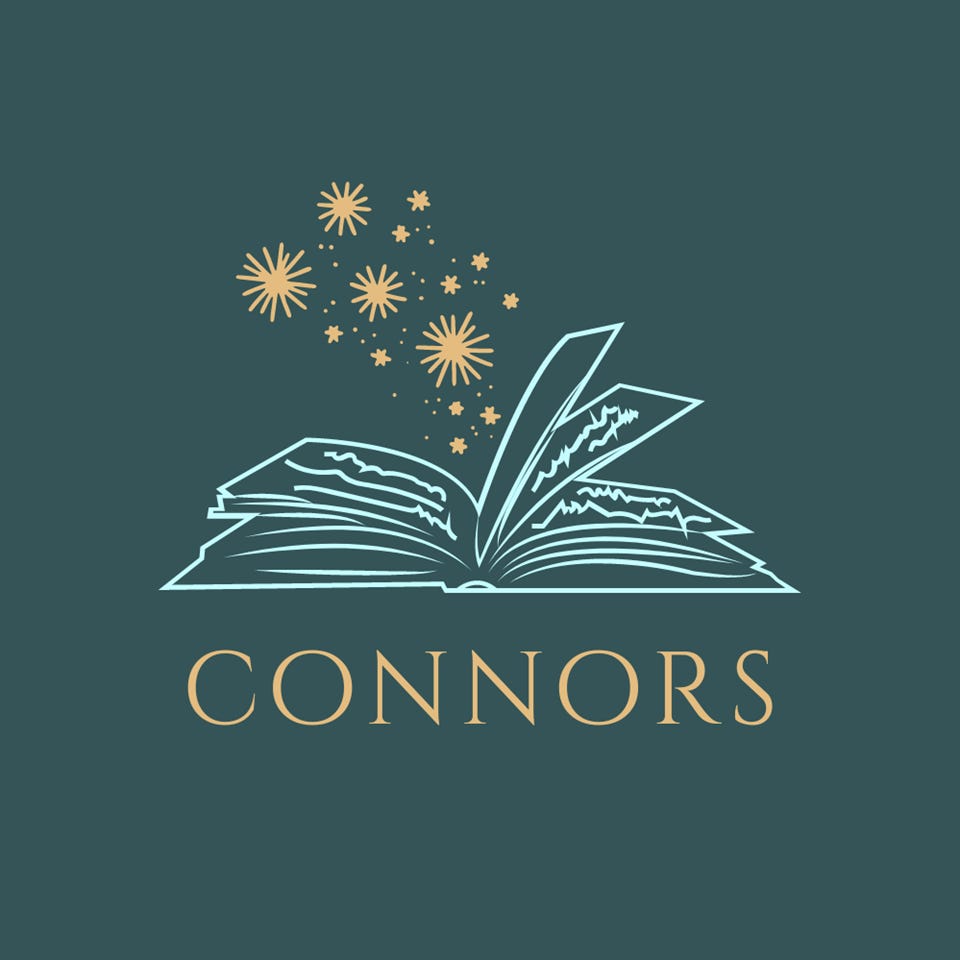What Does it Mean to be Studious and Why does Our Society need Studious People?
Plus, I share four studious Substacks I've been reading, listening to, and learning from
I have been told that I think too much.
Guilty as charged.
And lately, I have been thinking about the time we are currently in and some questions bubbled up. So, I did what any self-respecting, independent writer would do (who is also in the middle of moving out of the house I raised my two kids in over the past 23 years!)…I turned to ChatGPT.
Want to know what ChatGPT thinks?
That studious people are the intellectual backbone of society.
But what exactly is a studious person?
Here’s what ChatGPT offered:
“In an era where the pace of life seems to accelerate by the day, the concept of studiousness might appear antiquated to some. But what does it truly mean to be studious, and why is it imperative for the flourishing of our society?
Studiousness isn't merely about burying oneself in books or memorizing facts. It embodies a mindset characterized by curiosity, critical thinking, and a relentless pursuit of knowledge. It's the embodiment of the proverbial thirst for wisdom, driving individuals to seek understanding beyond the surface level. In essence, it's a commitment to lifelong learning, irrespective of one's age, occupation, or background.”
-ChatGPT
“It’s the embodiment of the proverbial thirst for wisdom, driving individuals to seek understanding beyond the surface level.”
…beyond the surface level.
Taking ideas beyond the surface level requires time, honest reflection, and a willingness to debate it out. Three things our modern town square (social media) seems to discourage and yet these are crucial for understanding one another.
I appreciate that the ChatGPT programming Gods also tossed in a nod to lifelong learning, curiosity, and critical thinking. As a lover of unschooling and self-directed education, you likely already know that I believe these are foundational to a thriving, connected, and just society.
Speaking of society, let’s see what ChatGPT has to say about the impact of studious people.
Societal Benefits of Studious People
Beyond individual benefits, a society populated by studious individuals stands to reap collective rewards. Studiousness fosters innovation, as it encourages individuals to question existing paradigms, explore alternative solutions, and push the boundaries of knowledge. History bears testimony to the transformative power of intellectual inquiry, with groundbreaking discoveries and inventions often emerging from the minds of those unyielding in their pursuit of understanding.
Furthermore, studious individuals serve as custodians of cultural heritage and repositories of collective wisdom. By delving into the annals of history, analyzing societal trends, and scrutinizing contemporary issues through a scholarly lens, they contribute to the preservation and dissemination of knowledge across generations. In an age marked by information overload and fleeting attention spans, the presence of studious individuals becomes indispensable in sifting through the deluge of data to distill meaningful insights.
What are your thoughts?
Have you considered how studious people, pursuers of truth, knowledge, and deeper understanding are “custodians of cultural heritage and repositories of collective wisdom”?
Have you thought about the fact that we live in a time of “information overload” and “fleeting attention spans” and how those who choose to slow down and take their time to read, study, and learn then share what they learn in meaningful ways are, in fact, benefitting us all?
I bow with appreciation to my studious peers for the work they are doing to keep us thinking and conscious of our actions and attitudes. And I’m grateful to know that my studious nature may actually buffer me from cognitive decline:
Numerous research studies underscore the manifold benefits of cultivating a studious disposition. For instance, a longitudinal study conducted by the National Institute on Aging found that individuals who engaged in intellectually stimulating activities, such as reading, attending lectures, or participating in discussions, exhibited a reduced risk of cognitive decline in later life. This suggests that the habit of studiousness not only enriches our minds in the present but also serves as a bulwark against cognitive deterioration in the future.
-ChatGPT
As Albert Einstein once said,
"The important thing is not to stop questioning. Curiosity has its own reason for existing."
Studious Substacks I’ve Been Reading
Rob Henderson
I also read Rob’s first book, Troubled: A Memoir of Foster Care, Family and Social Class. Wow. Talk about turning pain into purpose. He also uncovers some hard truths about the upper echelon of our society and created the idea of luxury beliefs, which gives teeth to the phrase, “Rules for thee, but not for me.”
Journal of Free Black Thought
(including their associated podcast with the tag line: “There is no such thing as the black perspective, just black people with perspectives.”)
Connors Institute
This is a new (to me) publication and organization. I shared a documentary they did in my essay entitled “How the Information (Overwhelm) Age is Hurting Us”. If you appreciate conversations around research and the social sciences without obvious political bias, this is a good place to start.
Stella O’Malley
I learned about Stella years ago when I saw an early documentary on gender dysphoria. I went on to listen to many episodes of the podcast she co-hosts with Sasha Ayad, Gender: A Wider Lens that is the leading podcast on gender.
To Studiousness!
~Missy
Thank you for reading. If this is your first time here, Welcome to Substack! Here is where I write longer form essays, share books I love, and dive into parenting, education, and human behavior with the goals of deeper understanding and connection with one another.
If you’re into homeschooling and/or want to learn more about unschooing, I co-wrote an e-book with Ann Hansen of Inner Parent Coaching. Our 43-page guide is in response to the many questions we have received over the years. It is the guide we wish we had when we were in the early days of unschooling. It’s also a quick and easy read that explains what self-directed education is (and isn’t) incase you are looking for a way to understand this lifestyle better and/or to share the principles with a family member, spouse, or friend. Grab a copy here!








